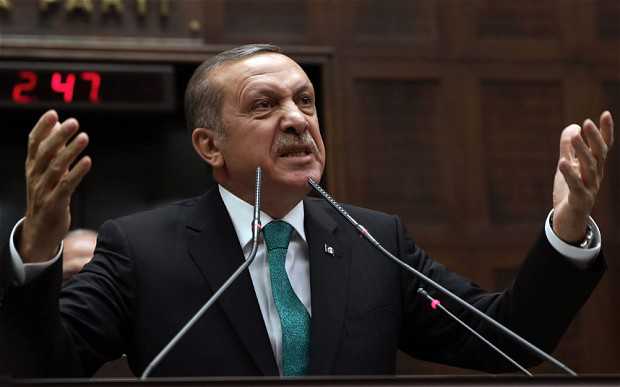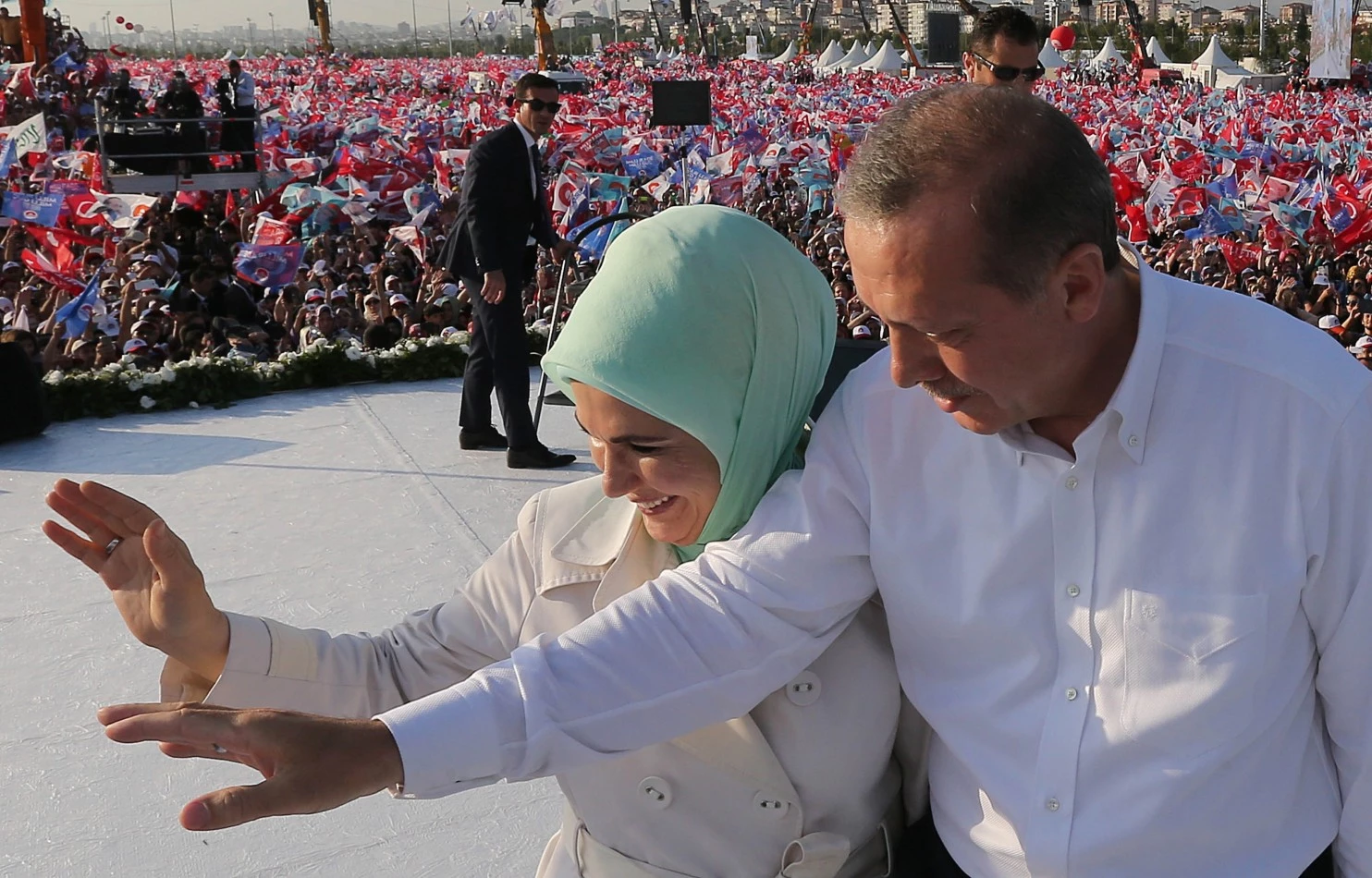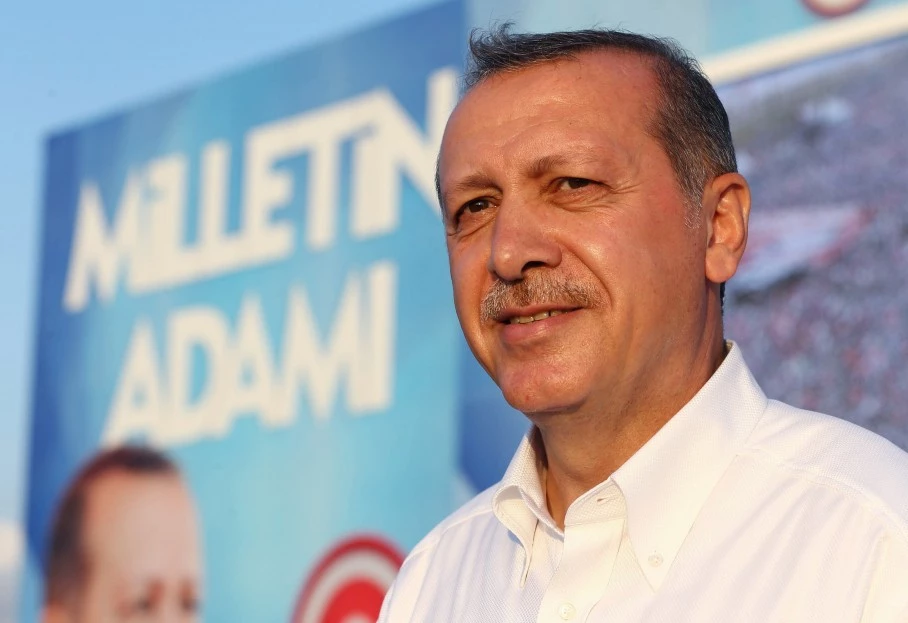The Opinion Pages | Editorial By THE EDITORIAL BOARD AUG. 18, 2014
NEWYORK TIMES
By THE EDITORIAL BOARD AUG. 18, 2014
It is no surprise that Recep Tayyip Erdogan won Turkey’s first direct election for president. He has served as prime minister since 2002 and, over the intervening years, has skillfully, and ruthlessly, established control and cowed any serious opposition, which was weak to begin with. The victory was not as big as many predicted. Even so, Mr. Erdogan and his ambitions have created new uncertainties for his country and the United States and other NATO members who depend on Turkey to be the bulwark of the alliance’s eastern front.
For starters, the election means that Mr. Erdogan will be even less encumbered by the institutional checks and balances that are essential elements of any real democracy. The first step in his scheme to create an ever-stronger executive was to change the system so that the people, not Parliament, chose the president in a direct vote. Presidents selected by Parliament were largely ceremonial. After his inauguration on Aug. 28, Mr. Erdogan is expected to make the most of what powers he has as president and extend his influence through a handpicked and malleable prime minister.
Mr. Erdogan’s ambitious dreams are not guaranteed. Constitutional amendments will be necessary to make his changes permanent, and, for that to happen, he and his Islamist-rooted Justice and Development Party will need to strengthen their parliamentary majority in next year’s general elections.
His 52 percent tally in the presidential race seems healthy, but it was lower than polls had predicted. Indeed, some analysts say support for him and his party may have peaked. And while he remains popular among conservatives in Turkey’s Anatolian heartlands, many liberal and secular Turks who once endorsed him are now bitterly disaffected, with good reason.
Mr. Erdogan was once an inspiring figure who advocated reforms that seemed designed to make Turkey a model democracy among Muslim-majority nations, fulfill its commitments as a NATO member and make it eligible for membership in the European Union. Under his governance, economic growth has averaged 5 percent per year, inflation has eased and the army has been brought under civilian control. He has offered Turkey’s Kurds more rights than his predecessors and reached a cease-fire with Kurdish militants that has held since 2013.
But he long ago veered off the democratic course, brutally cracking down on antigovernment protests last summer and severely constraining free speech, the press and the Internet. News outlets have been taken over by his cronies, and independent-minded journalists have been fired. A power struggle with a former ally led to a corruption scandal last year that embroiled Mr. Erdogan’s family and seemed to make him even more determined to crush dissent.
Meanwhile, Mr. Erdogan’s authoritarian ways have strained relations with Abdullah Gul, the current president, a co-founder with Mr. Erdogan of the Justice and Development Party and a respected consensus-builder who is said to have grown alarmed at Mr. Erdogan’s antidemocratic excesses. But whether he would challenge Mr. Erdogan directly is unclear, and there are no other credible political rivals in sight.
If Mr. Erdogan succeeds in solidifying power, the future of Turkey’s already shaky democracy is more in doubt than ever, and the political uncertainties are expected to persist at least until the 2015 parliamentary election. That is not reassuring news for the United States or any other government that looks for Turkey to play a stabilizing role in an increasingly out of control Middle East.




